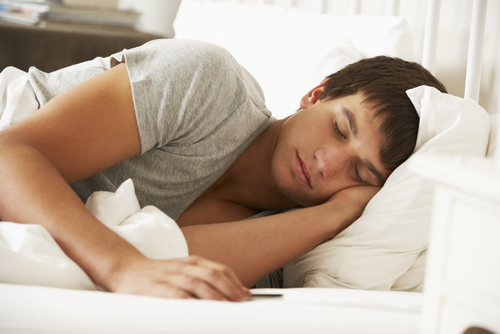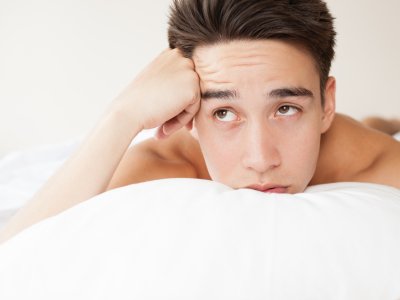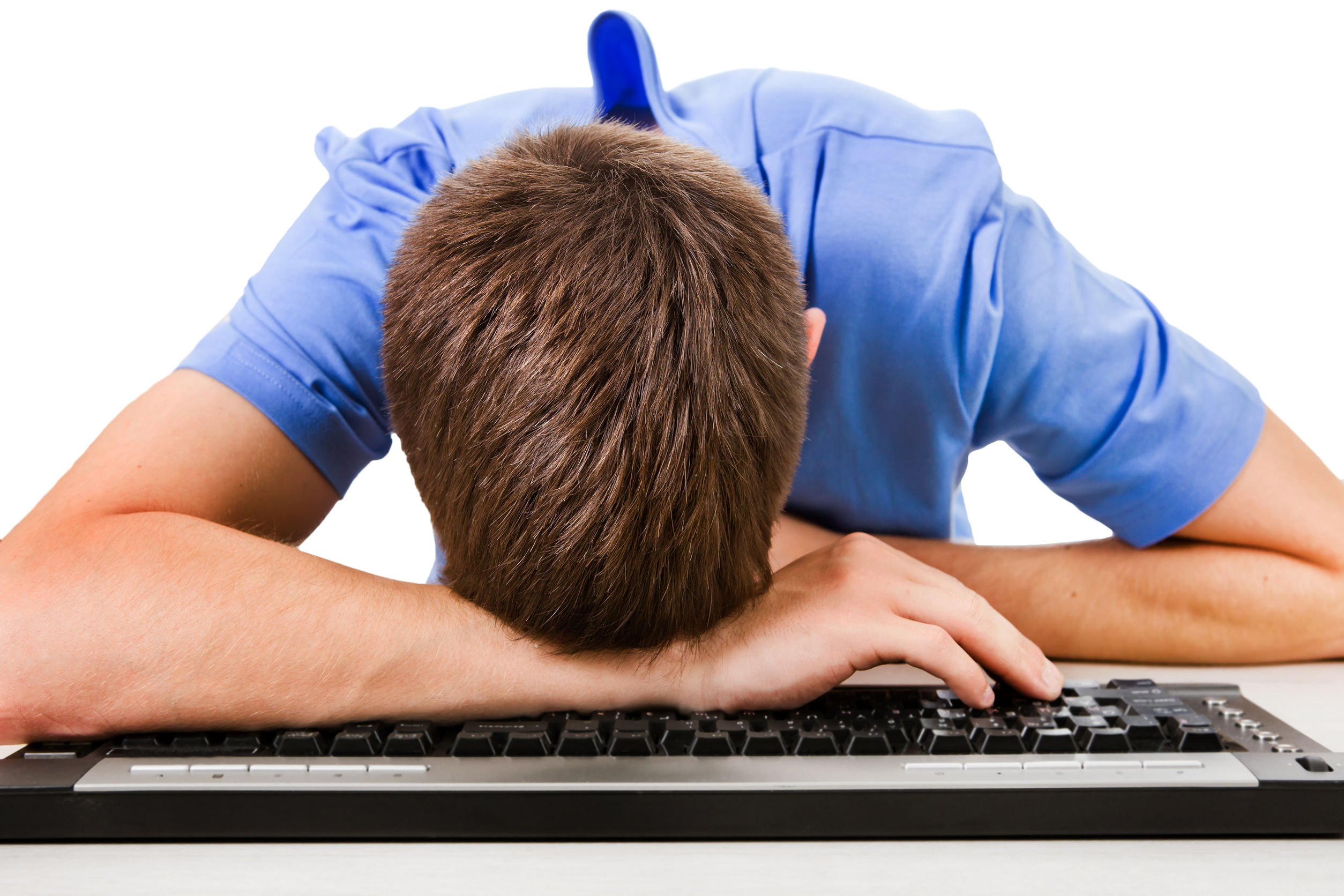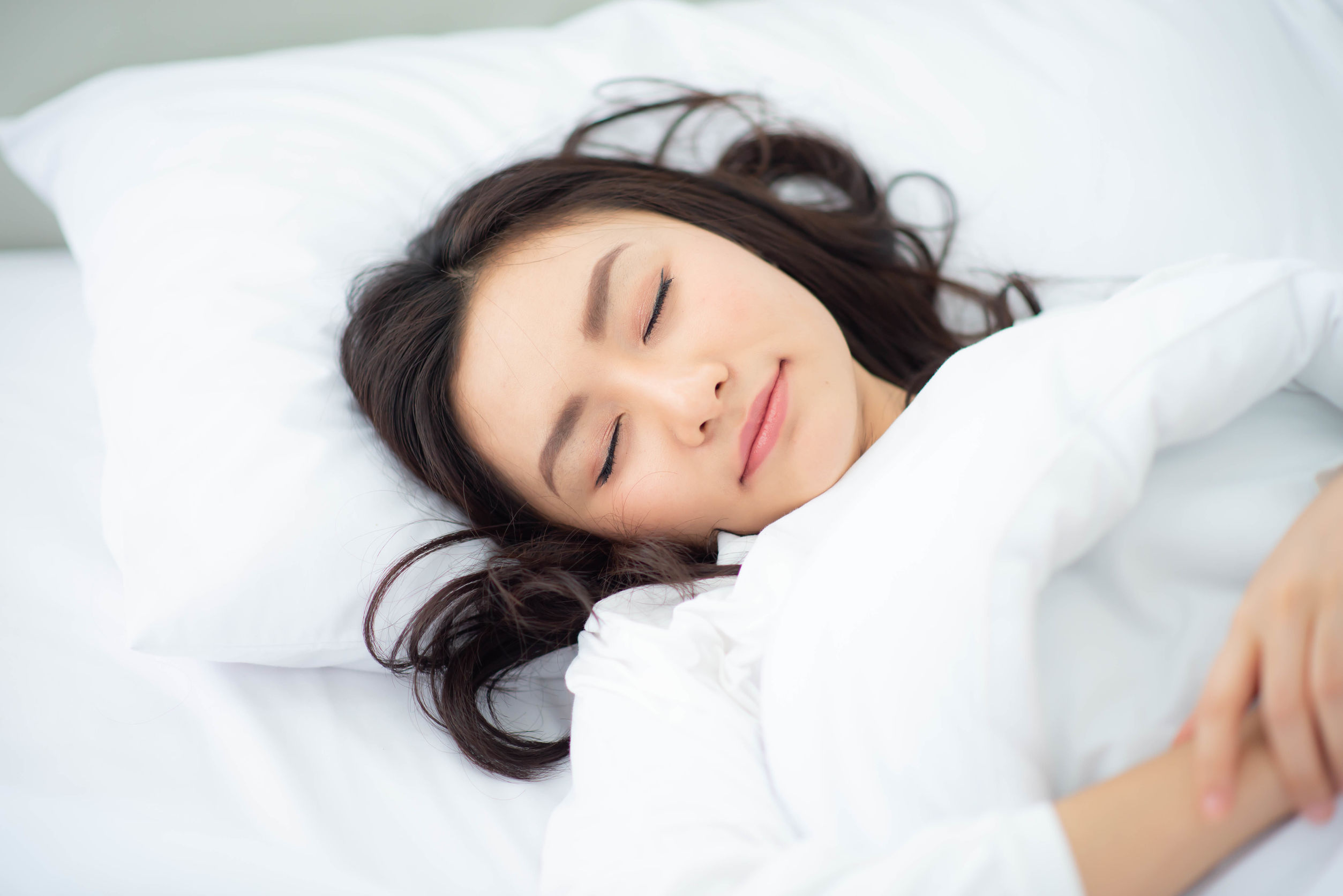Teenage Sleep
Teenage sleep needs are different than the sleep requirements for preteens. Simply put, they need more sleep. Researchers from Stanford University have found that pepubertal teens need nine and a half to ten hours of sleep in order to maintain optimal alertness during the day.
Some links in the following sections are affiliate links, which means that if you purchase a product through them I receive a small commission. There is no extra cost to you. Find more details on this page.
Dr. Marc Weissbuth, the author of Healthy Sleep Habits, Happy Child
You may wonder really, what difference does it make if the teen gets the same amount of sleep? Well, Dr. Weissbuth reports, " According to a study of 3,119 high school students, it was discovered that a more irregular sleep schedule was associated with more daytime sleepiness."
Insomnia in Teens
Today's society and culture makes it difficult for families to make sleep a priority, especially for teens. Many of them work jobs after school, are involved in extra-curricular activities and have homework to do when they get home. School start times are much earlier than they were a couple of decades ago.
Teenage insomnia is different from sleep deprivation. Insomnia is the inability to fall asleep or stay asleep. There are lots of culprits that contribute to this sleep disorder.
1. Anxiety or Stress
Perhaps anxiety over an exam the next day or stress in a relationship can prevent one from falling asleep.
2. Caffeine
If falling asleep is a problem, cut out all caffeine - even morning caffeine, as the effects of the cortisol spike can last more than 12 hours.
3. Poor Diet
Processed foods and foods high in sugar cause the body to be stimulated making it harder to wind down.
4. Lack of Exercise and Outdoor Sunshine
School schedules and activities can make it difficult to add yet another thing "to do". But if falling asleep is a problem for you get outside during the day as this helps melatonin production at night and go for a run or walk to burn off excess cortisol.
5. iPhones, Tablets, TV's and More
All electronics emit blue light which shuts down the production of the sleep hormone, melatonin. Put on blue light filtering shields to block blue light. However, electronics can interfere with sleep in other ways as well. Sitting for hours playing a game can cause agitation or a disturbing text or Facebook post before bedtime can elicit unwelcome emotions making it difficult to wind down.
Find out what sleep aids and tips can get you sleeping at night so you can feel alert and enjoy your fun teen years:
Sleep Deprivation in Teens
Sleep deprivation in teens goes beyond heavy eyes and heads on desks during class. Grades drop, relationships are strained and the ability to handle stress decreases.
A lack of sleep greatly affects concentration and memorization. The ability to learn and retain information are closely connected to quality sleep and obviously good study habits.
Tips for Better Teenage Sleep
Electronics such as cell phones, ipads, TV's and computers along with social media like Facebook can also be a big distraction and delay sleep times for teens. Many teens are getting to sleep later than what parents think when these types of technology are allowed in the bedroom.
Establishing healthy sleep habits begins at home and needs to be taught by the parents. While it certainly is not a popular plan, if your teen is having problems either falling asleep or just not getting enough sleep provide a quiet and peaceful room by removing all electronics.
According to sleep expert, Dr. Michael, Breus,"For teenagers, sleep is nothing less than fuel that powers their brain and its development. Sleep is a biological necessity and essential for health and daily functioning." To read his complete article on teen sleep click here:

Teens Need More Sleep Than You Think
Pay attention to signs of sleep deprivation in your teen, such as day time drowsiness, feelings of exhaustion, difficult behavior, and/or trouble staying awake in class.
If your child exhibits any of these behaviors make a plan to help him/her stick to a sleep schedule by going to bed at a regular time during the week that will allow for 8-9 hours of sleep. Help make the bedroom a place of quiet and rest rather than a room of noise, gadgets, games and distractions. In the long run when your teen is getting the sleep he/she requires everyone benefits.
At Home Functional Medicine Labs - Test, Don't Guess

Get practical advice on how to fall asleep, stay asleep and to get deep sleep. It's free so sign up here:

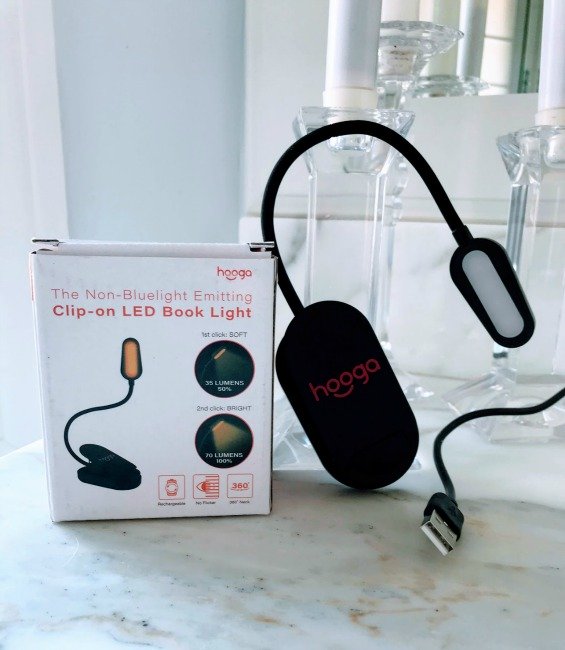


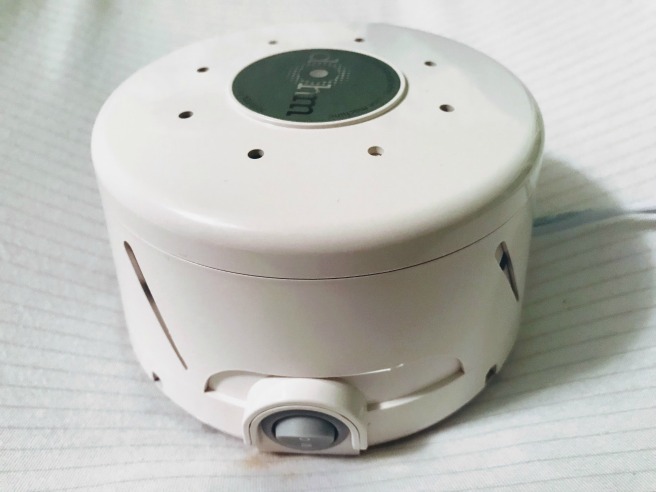

Ancient Minerals Goodnight Magnesium Lotion
Please note that while I do receive commissions from some of the things promoted on this site, I recommend them because I feel they would be of benefit to you.
Advertisers/Affiliates have been hand-picked so that only quality products are recommended. I have used them in my own life and share them with you because that's what friends do.
